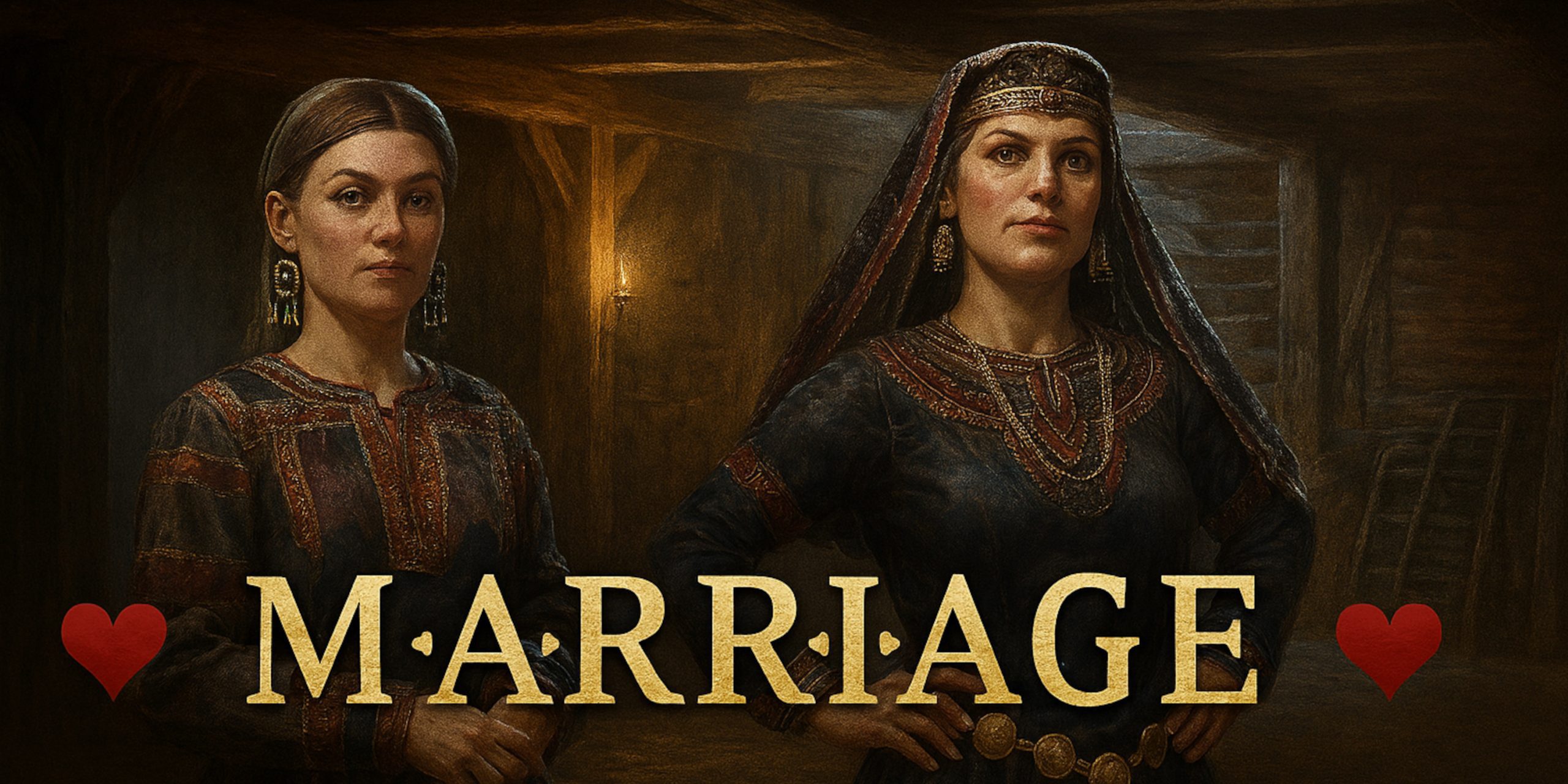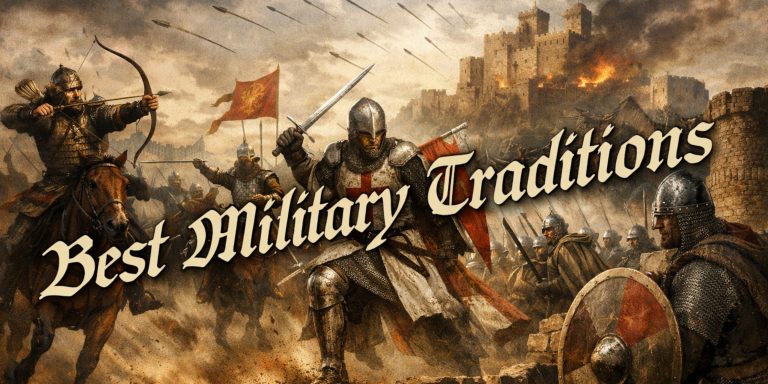
In Crusader Kings 3, war is not always waged with swords and spears. Sometimes, the most effective weapon in your arsenal is a wedding ring. Marriage is a central pillar of gameplay, not merely for securing heirs but for weaving a web of alliances, titles, claims, and influence that can stretch across entire continents. Understanding how to manipulate this system is crucial for any player aiming to rise above mere survival.
The Political Weight of a Marriage
In CK3, marriage is rarely a personal affair. Every union has political value, and the game’s mechanics are built to reward those who treat matrimony as diplomacy. A well-planned match can bring new claims into your dynasty, draw powerful allies into your wars, or even unite rival kingdoms under one crown through inheritance.
Matrimonial arrangements are governed by religion, culture, and succession law. Marrying someone outside your faith or social rank can cause scandal, while unions within the dynasty may trigger inbreeding penalties unless you play in cultures or religions where it is acceptable. These factors add layers of realism and complexity to dynastic planning.
Inheritance and Claims
One of the most potent uses of marriage is the acquisition of claims. Marrying into a noble house with strong hereditary titles can allow your children or grandchildren to inherit those titles, especially if succession laws align in your favour. Claims can then be pressed through war or diplomacy, allowing you to expand your domain without the usual casus belli limitations.
Timing matters. A betrothal can lock in an advantageous union early, but you must keep an eye on the other family’s succession. A third-born princess may become a queen if her brothers die in battle or fall victim to intrigue. Watching these shifts can turn a minor match into a game-changing alliance.
Alliances and Military Leverage
Marrying into powerful houses grants immediate access to alliances. These can be used to bolster your military campaigns or deter aggressive neighbours. However, alliances also come with obligations. A cousin with 10,000 troops is a valuable shield, but he may also call you into his petty border squabbles. It’s a trade-off, and one that smart rulers manage carefully.
Avoid creating too many equal alliances at once. If your liege becomes jealous or threatened by your growing power, it can lead to plots or even imprisonment. Balance is key.
Matrilineal vs Patrilineal Marriages
The choice between matrilineal and patrilineal marriages shapes the long-term fate of your bloodline. Matrilineal marriages are crucial for female rulers or when preserving your dynasty’s name is paramount. This ensures that children remain in your house, preserving titles and influence. However, most AI-controlled nobles will refuse matrilineal arrangements unless they stand to gain prestige or land.
In male-dominated societies, patrilineal marriages are standard, often used to absorb less powerful houses into your fold or to prevent rival dynasties from spreading. Always weigh the risks of letting claims slip out of your dynasty’s grasp.
Intrigue, Seduction and Bastards
Sometimes marriage is not enough. Seduction, manipulation, and even murder can play a role in controlling dynastic outcomes. Illegitimate children may be legitimised under certain conditions, creating entirely new branches of your family tree or opening the door to unexpected succession.
You can engineer inheritances through less-than-noble means. Removing rival heirs, seducing key characters, or sowing discord in enemy realms can tip the balance in your favour. While dangerous, this is often more effective than outright war.
Cultural and Religious Considerations
Different cultures and faiths offer unique approaches to marriage. Some allow polygamy or concubinage, providing more opportunities for producing heirs or forming alliances. Others have strong taboos, and breaking them can lead to excommunication or revolt.
Certain cultures also have prestige bonuses for marrying within their group or penalties for marrying foreigners. Religious doctrines may forbid marrying close kin or encourage it. Understanding these nuances can make or break a campaign, especially when playing outside of Western Europe.
Long-Term Strategy and Dynastic Legacy
The real power of marriage in CK3 lies in its long-term impact. By the third or fourth generation, a clever ruler can merge multiple kingdoms, dominate elections, or even place relatives on the thrones of rival empires. This takes patience, planning, and a willingness to play the long game.
It is not always about immediate gains. Sometimes the best match is one that will bear fruit two generations down the line. Keep track of potential claimants, watch rival succession crises, and know when to press claims or wait for the right opportunity.
Seven Swords takeaway
Marriage in Crusader Kings 3 is about influence, power, and survival. Mastering the dynastic game means looking past the wedding feast and into the generations to come. A throne is often won not on the battlefield, but at the altar.
Watch the tutorial:










